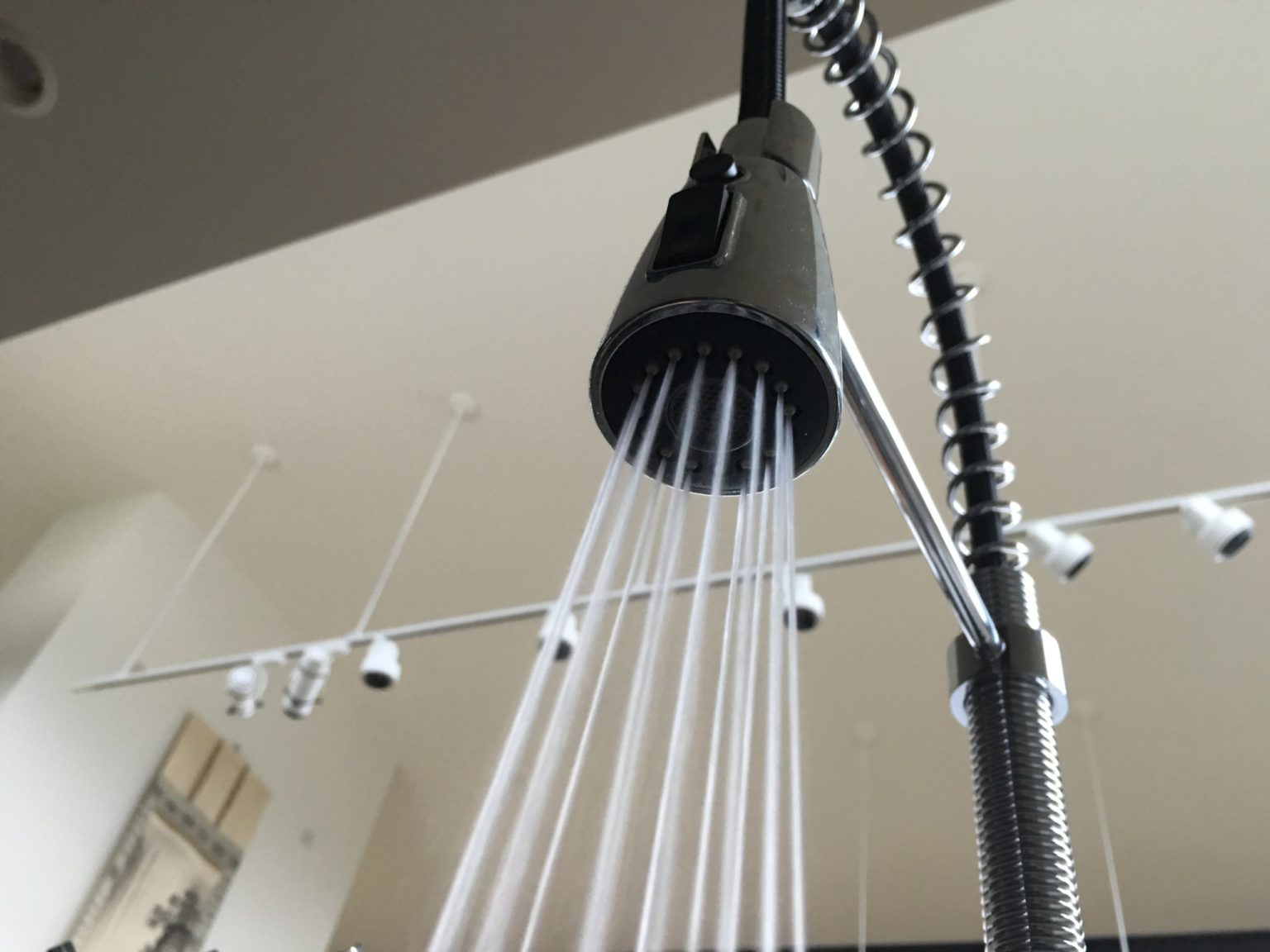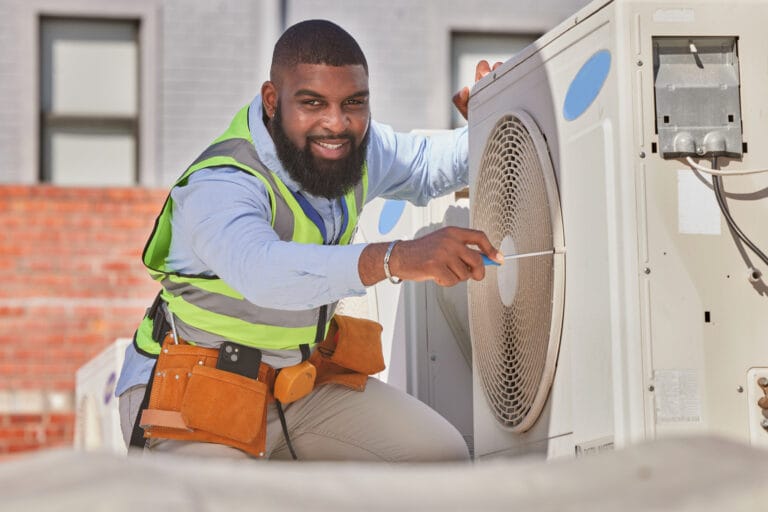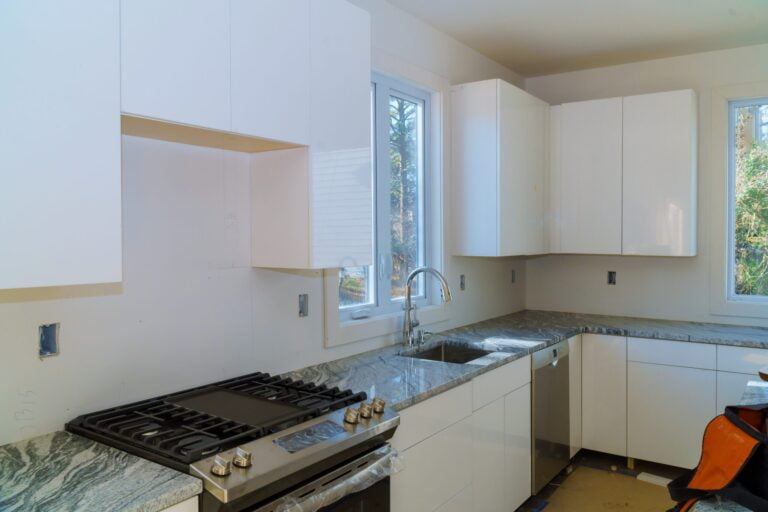Being a homeowner comes with several responsibilities. From mowing the lawn to blowing leaves, there are many things that you will need to do to keep up your home. You will also need to address maintenance tasks such as drain cleaning, water heater tune-ups, and HVAC service. Aside from these things, however, there might be hidden dangers lurking in your walls and floors that need to be addressed. While your plumbing pipes will last a long time, they will begin to deteriorate at some point. Depending on the age of your home and the types of pipes, you may need to reconsider whole-home repiping.
If you live in a home that is older than 50 years old, your pipes could be approaching the end of their lifespan. In general, copper pipes will last around 50 years, while galvanized steel pipes can last 40 to 50 years. If you have a home built in the 80s or 90s, you may have pipes made from polybutylene that are very susceptible to breakage. Water quality, previous plumbing issues, and chemical cleaners could all impact the health and lifespan of your pipes.
Repiping is the process of removing older plumbing and water lines and replacing them with new pipes made from better materials. You may want to put off repiping because of the work and the cost. However, you could be putting your home at risk if you have an older plumbing system. Let’s take a look at the benefits you reap from whole-home repiping.
Repiping can prevent water damage and flooding.

As discussed, even if your home was built with durable materials, your plumbing will eventually begin to deteriorate. If the pipes in your walls, floors, or ceilings begin to leak, you could be in for significant damages. A complete pipe failure could cause water damage and would require expensive repairs or even major home renovation. Even small leaks, however, could lead to larger problems. A qualified plumber can help you evaluate your pipes and determine the best course of action. Whole-house repiping might be necessary to prevent extensive water damage or flooding from a busted or failed pipe.
Whole-home Repiping could lead to better water pressure.

In older homes with old plumbing and pipes, corrosion, mineral build-up, leaks, and other issues could cause water pressure problems. Issues inside of your pipes could create higher pressure that strains your plumbing system. Additionally, you might also experience lower pressure that impacts showers and washing machines. Repiping your home will help you create the right water pressure for your needs.
Plumbing replacement could create cleaner water.

Older pipes with rust, corrosion, and other problems could be putting debris and contaminants into your water. As the pipes begin to break down, your water could appear discolored, have a foul odor, or contain particles. Water with contaminants could impact everything from your skin to your plates in the dishwasher. In some cases, your water may also be unsafe to drink. Home repiping can help resolve any water issues caused by rusty or corroded pipes. If you suspect that your pipes are causing issues, you can have your water tested to determine if contaminants are present.
The trouble with plumbing problems is that the majority of your pipes are out of sight. As a result, you might not give a lot of thought to your pipes until something goes wrong. When an issue happens in your ceiling or walls, however, the consequences could be expensive. Whole house repiping could help you prevent damage, improve water pressure, and create better water quality. An experienced plumber can help you inspect your plumbing and make recommendations for repiping your entire home.






